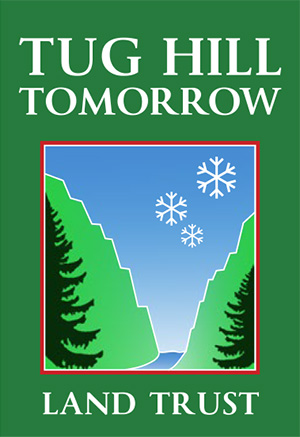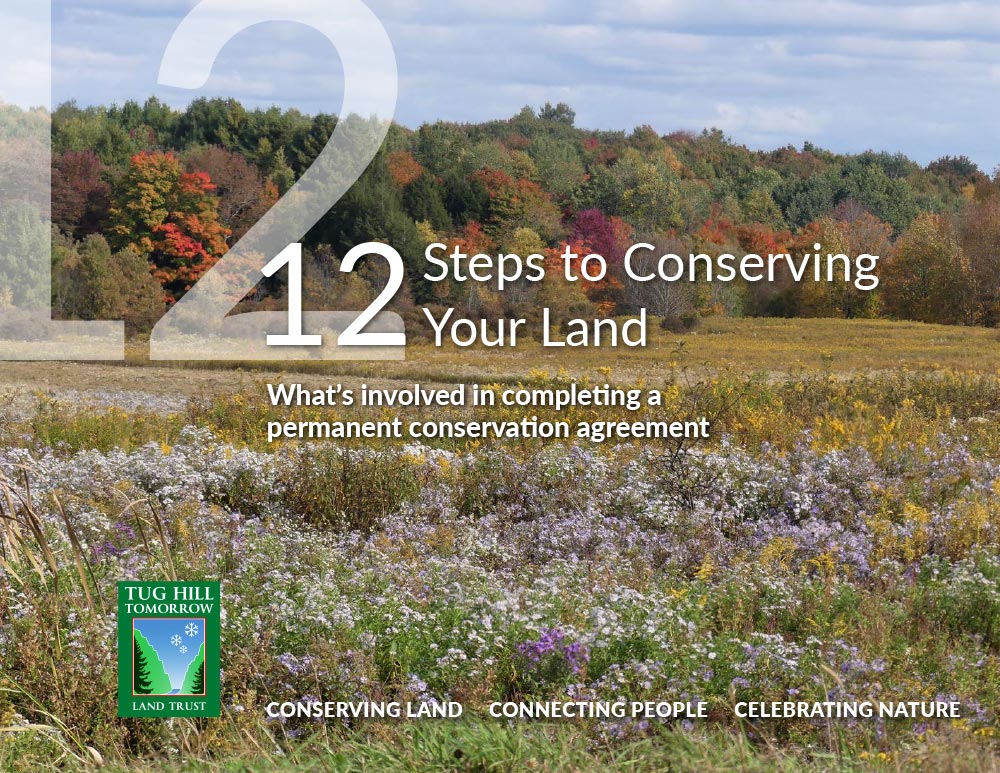Conservation Easements
Background
For more than 25 years THTLT has been working to protect an extraordinary rural landscape in upstate NY—protecting Tug Hill into the future. These important local and family lands that make Tug Hill so special are farms that feed our families with fresh produce and dairy; forests providing timber, firewood and wildlife habitat; and endless recreational opportunities—inviting outdoor adventures and connecting generations, young and old, to the land.
We work closely with landowners, farm families, partner organizations, towns and villages to protect the lands they cherish the most. The main “tool” used is called a conservation easement. However, not every property is suited to an easement, and through thoughtful conversations, THTLT can help determine what the best option is for you.
You may be wondering, what is a conservation easement?
A conservation easement is a legally binding agreement made between the landowner and Tug Hill Tomorrow Land Trust that extinguishes the development rights on your property. This is done to protect the natural, agricultural, scenic, or historic values inherent to the farms, forests, and wildlands of Tug Hill.
With a conservation easement on your land, the landowner is assured that the land will be protected forever without giving up ownership of the land. Landowners who enter into this agreement with us continue to own the conserved property and pay property taxes yet are free to sell the land or pass it on to the next generation. Public access is not a requirement of a conservation easement.
Conservation easements are very flexible, and tailored to each landowner and property. For example, a landowner may want to retain the right to farm or harvest timber, retain future building rights, or use the land for education and other activities that sustain the property’s special resources. These details are worked out between the landowner and the Land Trust.
Once finalized, a conservation easement will be tied to the land, whether the land is sold or remains in the family. This legal continuity will provide you the assurance that the land you cared for will be protected for perpetuity.

